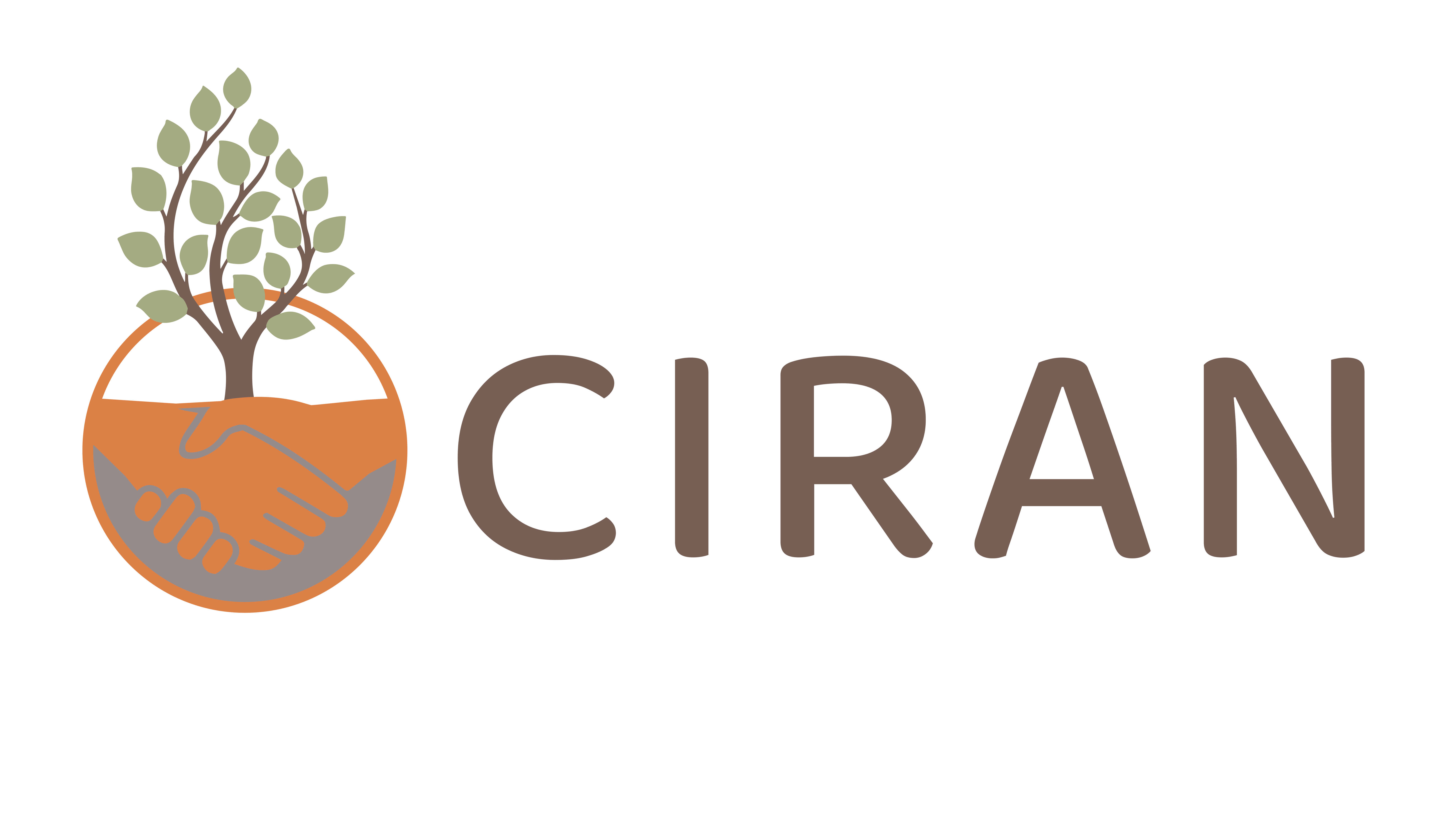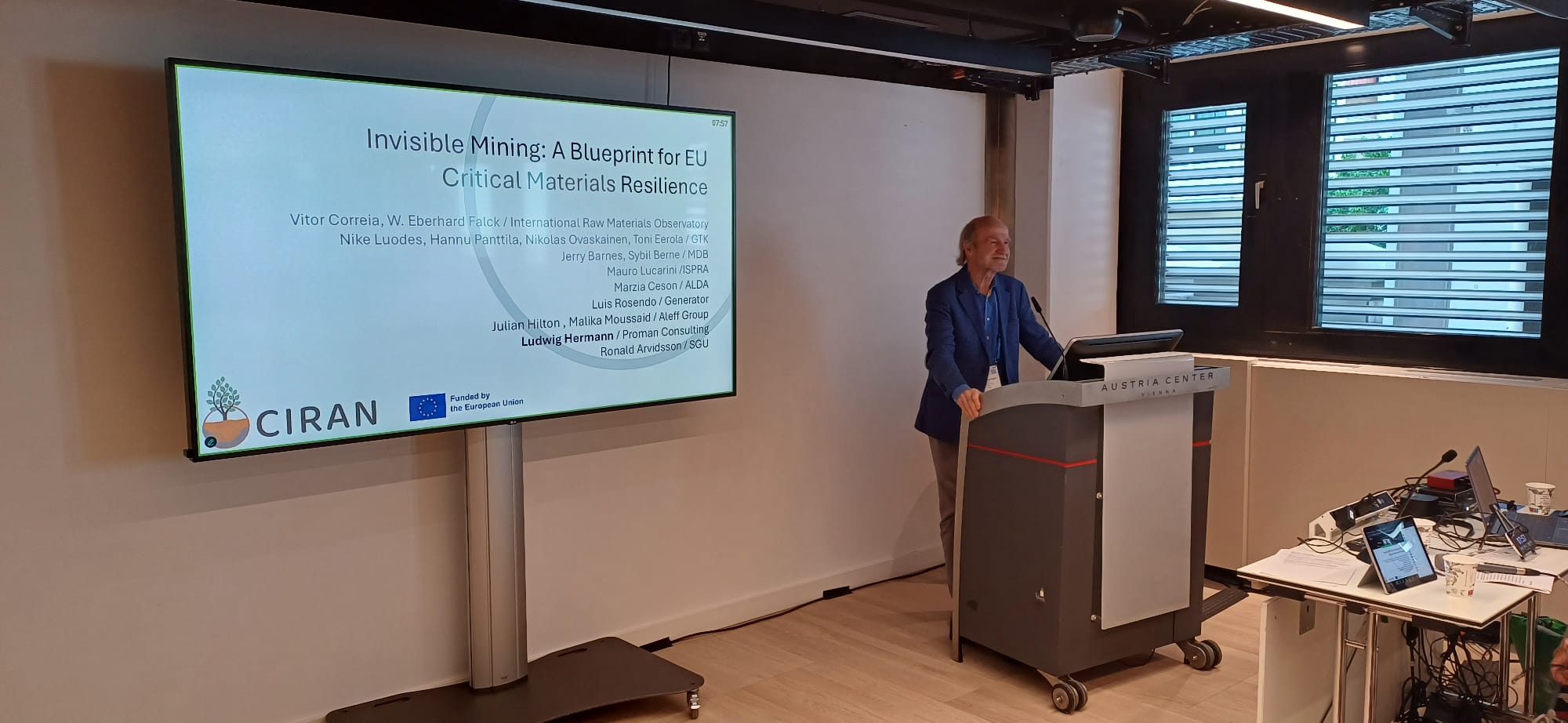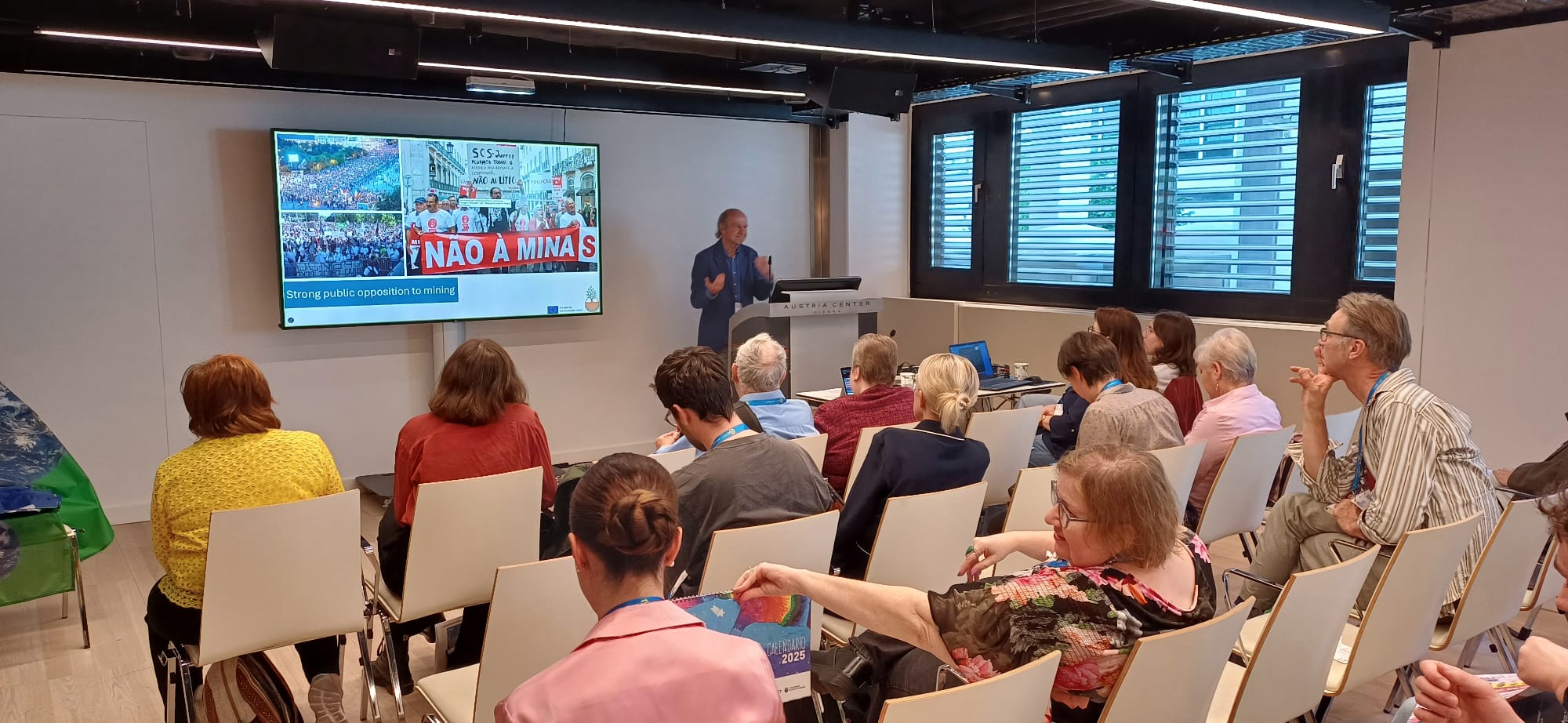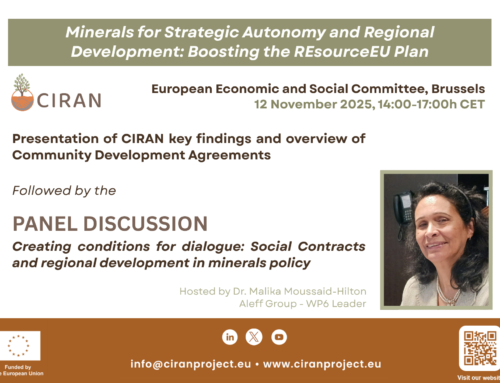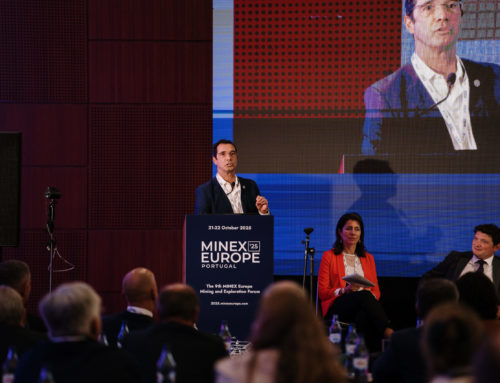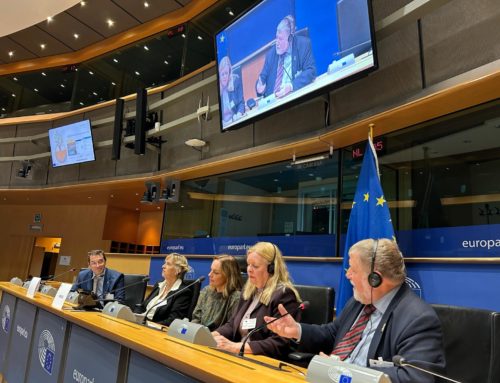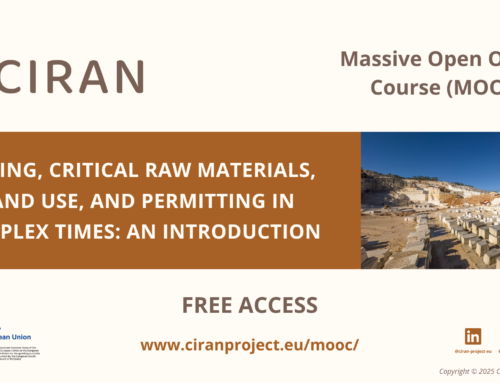
CIRAN participates in the EGU General Assembly 2025 in Vienna
On the 2nd of May 2025, the European Geosciences Union (EGU) organised its Annual General Assembly in Vienna, Austria. Within its insightful and thorough programme, our CIRAN partners Minja Marijanski and Ludwig Herrman (Proman Consulting) proudly participated in the interdisciplinary session EOS4.3 – Geoethics and Global Anthropogenic Change: Geoscience for Policy, Action and Education in Addressing the Climate and Ecological Crises, which brought together leading voices to explore the ethical responsibilities of geoscientists in the face of climate and ecological emergencies.
Aims & scope
The EGU, the European Geosciences Union, is Europe’s premier geosciences union, dedicated to the pursuit of excellence in the Earth, planetary, and space sciences for the benefit of humanity, worldwide. It was established in September 2002 as a merger of the European Geophysical Society (EGS) and the European Union of Geosciences (EUG), and has headquarters in Munich, Germany.
The EGU General Assembly 2025 brought together geoscientists from all over the world to one meeting covering all disciplines of the Earth, planetary, and space sciences. Though its Annual General Assemblies, EGU aims to provide a forum where scientists, especially early career researchers, can present their work and discuss their ideas with experts in all fields of geoscience, hence fostering knowledge exchange and stakeholder interaction.
CIRAN findings presented in the session on Geoethics and Global Anthropogenic Change
The session was structured around:
- Climate and ocean communication & literacy
- Geoethics as a core principle in geoscience
- The evolving role of geoscientists in climate justice and systemic transformation
Within this framework, the CIRAN project addressed one of Europe’s most complex dilemmas: How can we secure the Critical Raw Materials needed for the green transition while preserving our most fragile ecosystems?
For this, we showcased CIRAN’s interdisciplinary and geoethically grounded approach, based on:
- Science-based assessments of ecological and societal risks;
- Mapping of protected areas and mineral deposits
- Inclusive and transparent decision-making frameworks
- Low-impact, “invisible” mining technologies
- Policy recommendations rooted in ethics and scientific evidence
The session aimed to inspire ethical geoscience practices, bridge research with societal action, and address systemic barriers to climate progress. The session EOS4.3 was chaired by Silvia Peppoloni and Giuseppe Di Capua, and was co-sponsored by the International Association for Promoting Geoethics (IAPG). The detailed overview of the session, including speakers and detailed content desciptions can be found in the EGU 25 website.
CIRAN expresses its gratitude to the EGU community for fostering this relevant and much-needed dialogue. It is clear that bridging science, ethics, and policy is vital for sustainable raw materials governance in Europe. We look forward to continuing our engagement in the upcoming EGU General Assemblies and other events.
